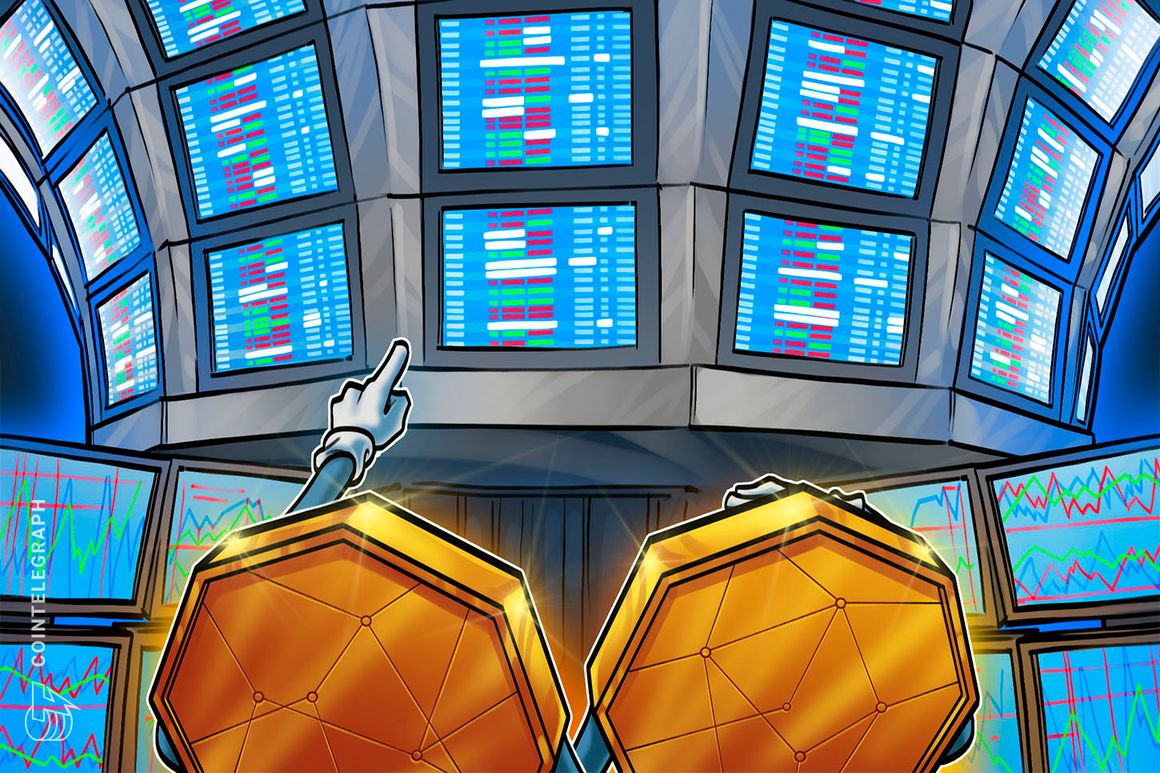
First retail crypto license in Hong Kong
Hong Kong-based crypto exchange Hashkey has become the first to receive a retail crypto license in the Special Administrative Region (SAR). As part of its new offerings, Hashkey will now allow trading of Avalanche (AVAX) on its platform. However, there is a requirement that may exclude many investors.
Only for professional investors
According to an announcement by Hashkey on September 27, only professional investors, or individuals who possess an investment portfolio exceeding 8 million Hong Kong dollars (approximately $1 million), as defined by the SAR's Securities & Futures Commission (SFC), will be able to trade AVAX on the Hashkey exchange. This means that retail traders will not have access to AVAX trading at this time.
Current restrictions on retail trading
Currently, the SFC has only approved Bitcoin (BTC), Ether (ETH), and Tether (USDT) for retail trading. All other altcoins are subject to the professional investor restriction. This signifies the significant restrictions that the SFC has placed on exchanges since the introduction of regulated retail crypto trading in Hong Kong in August.
Hashkey's stringent verification process
Hashkey Hong Kong, unlike its global counterparts, has a strict Know Your Customer (KYC) verification process. Users are required to deposit the equivalent of $1,500 into their exchange accounts as part of the verification process. This adds an additional hurdle for individuals looking to trade on the platform.
Efforts by exchanges to comply with regulations
Establishing a regulated crypto infrastructure in Hong Kong comes at a high cost. Crypto exchanges have reportedly spent over $25 million to meet the requirements for a Hong Kong Virtual Asset Provider (VASP) license. Despite these efforts, Hashkey Hong Kong's estimated 24-hour trading volume across three cryptocurrencies is just $5.3 million, a fraction of its global counterparts.
Bad actors continue to operate in a regulated environment
Despite the introduction of a regulated crypto regime in Hong Kong, bad actors still find ways to exploit the system. During the Token2049 conference in September, the largest financial fraud in Hong Kong's history unfolded with the collapse of the JPEX crypto exchange. It was later revealed that JPEX had embezzled over $178 million from investors. The SFC, in response to such incidents, has started publishing a warning list of crypto exchanges that are deemed non-compliant in the SAR.






